
Naivety
Naivety
One was fortune the other day to meet with his friend and loverly wife to meet their 7 month-old-son, who happened to have a very content disposition.
Truly, isn’t there something extra special about the innocence of infants and the very young that brings out feelings of tenderness and protectiveness in the hearts of most people—even those who are not known for their sensitivity or thoughtfulness toward others.
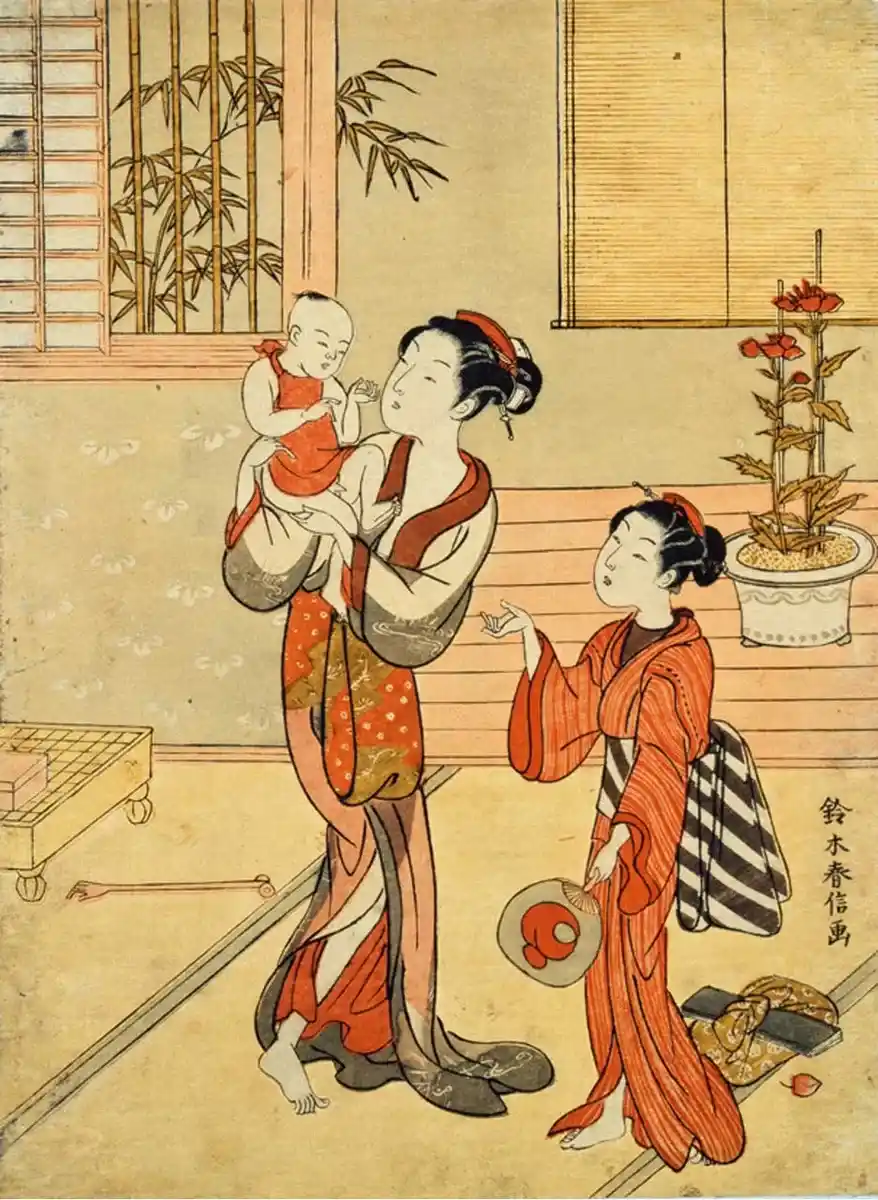
However, in the Occxie world, the innocence of young children is generally gone by the time they reach six or seven.
This is in large part to the “Monkey See Monkey Do” protocol which mimics the behaviour of surrounding adults who see innocence as an antithesis to maturity.

The Occxies only see innocence and naivety as characteristics that are appropriate only for the very young.
In Japan, on the other hand, innocence and naivety had traditionally been regarded as highly admired traits in people of all ages, and something that was especially admired in adults.
Both innocence and naivety were regarded as reflections of purity of heart, unselfishness, and a kind, forgiving nature—somewhat like the disposition of the author of this article.

Like all societies, there is a flip-side to the innocence protocol in Japan’s traditional culture.
It is preferable for young Japanese women to display innocence and naivety.
Even now in Japan, young women consciously and subconsciously assume an innocent, naive mode when they are interacting with men.
This protocol serves two distinct purposes—for protection and to take advantage of the weakness men have for demonstrations of innocence and vulnerability.
This deeply embedded protocol of “are not limited to Japanese females.” 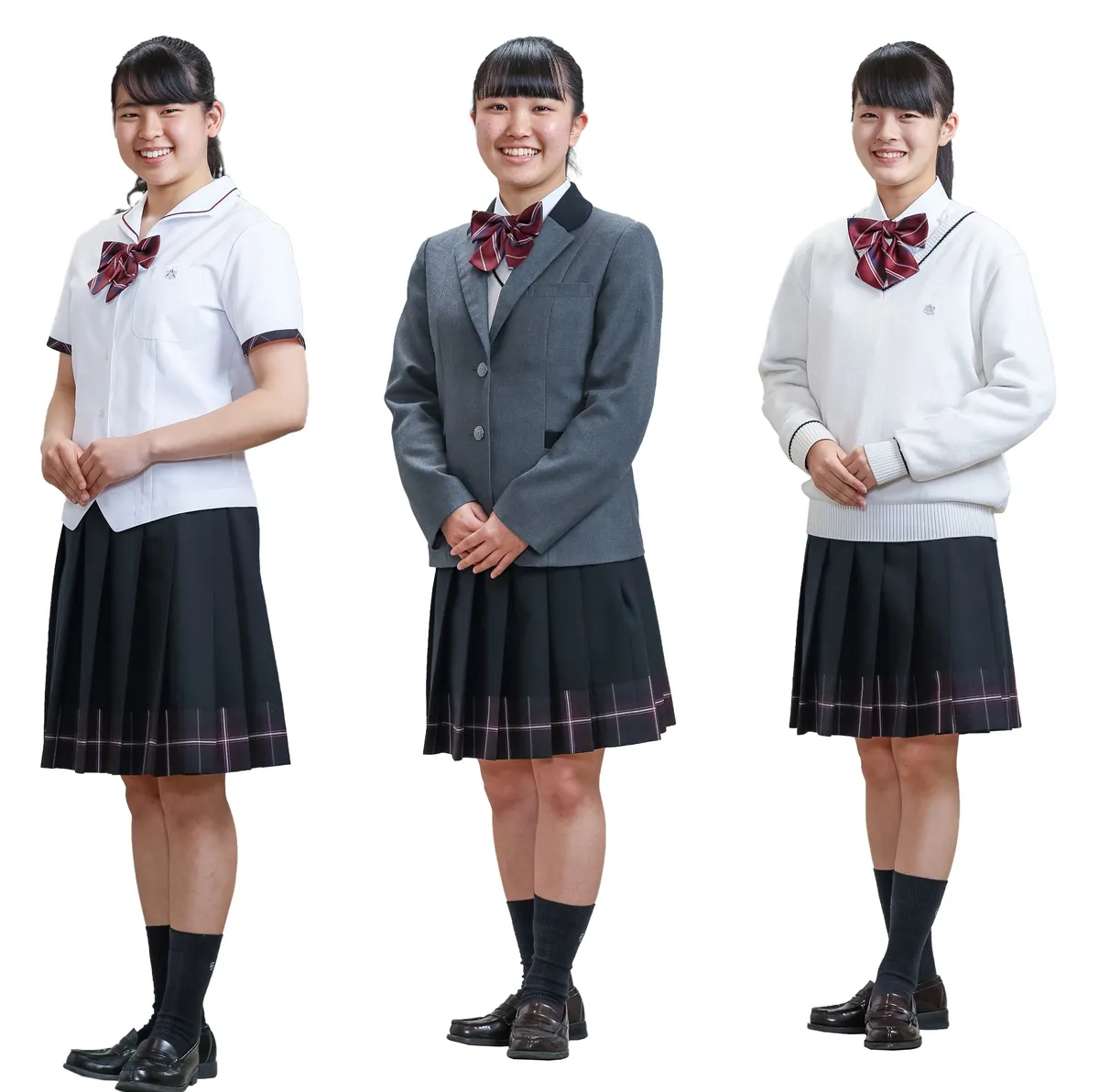
In reality, this type of role-playing is an innate behaviour of most Japanese.
It is a cornerstone of personality and mannerism, which are normally presented in the regular course of life in the society of Japan, and is also exhibited in particularly to non-Japanese.
In addition to traditionally having been taught that naivety is an admirable trait, the Japanese were also molded to detest the opposite kind of behaviour
In the Land Of The Rising Son, there is simply no place in Japanese society for know-it-alls, no matter how knowledgeable or talented they might actually be.

Distain of such individuals can be extreme, resulting in behind-the-scenes action to bring the person down, making an example of those who do not conform to Japanese social conventions.
Besides utilizing the naivety protocol, innocent behaviour is performed to smooth their way within Japanese society.
The Japanese are also aware that the naivety protocol works wonders on outsiders, particularly the Occxies.
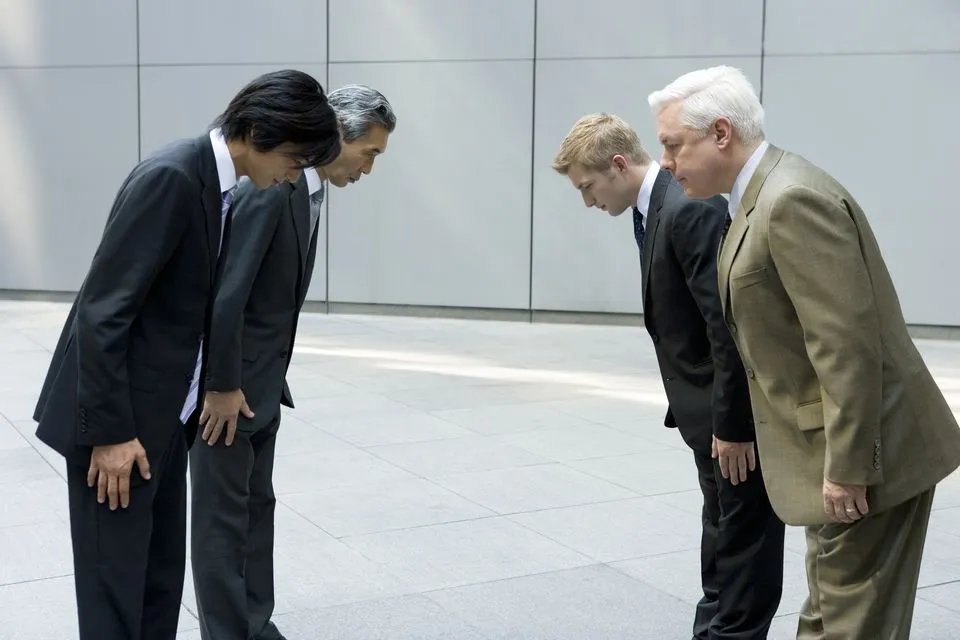
The Japanese understand when a typical Westerners meet an innocent and naive person, an automatic reflex sets in.
Here the subconscious assumes the person is childish, and let their guard down, put most of their critical faculties on hold, and tend to fall all over themselves trying to help the poor innocent.
The Japanese are already masters at role-playing due to their highly stylized and demanding etiquette.

Any Japanese who are consciously aware of the naivety protocol are adept at using assumed innocence to put their Occxie counterparts at ease and to elicit extraordinary cooperation from them.
As older Japanese men become more successful, the more they are inclined to assume a soft, gentle, innocent stance that perhaps can best be described as Buddha-like.
Exactly how much of this Buddha-like character is make-believe and how much is real is beside the point.

Their image of virtuous selflessness gives creates an aura of uiuishi that vastly increases their power because people look upon them as saint-like, incapable of evil, and, therefore, someone who can be trusted to say and do what is
best for everyone.
It’s good practice to not only understand the protocol of naivety, but to implement it into one’s own life, smoothing one’s own unique journey among the Japanese.
![]()

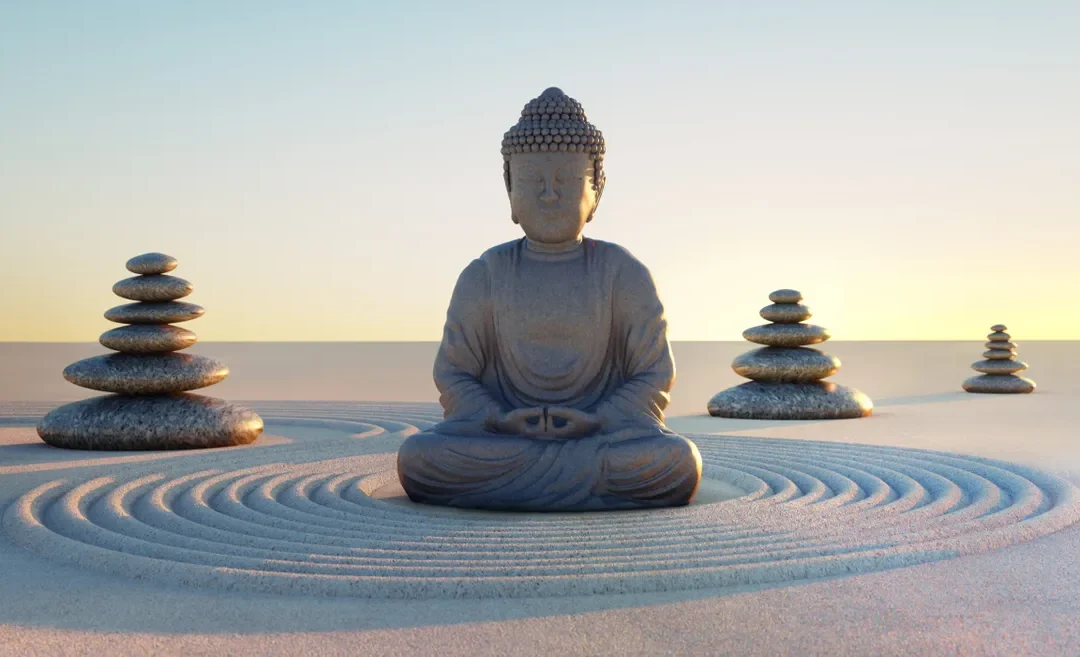


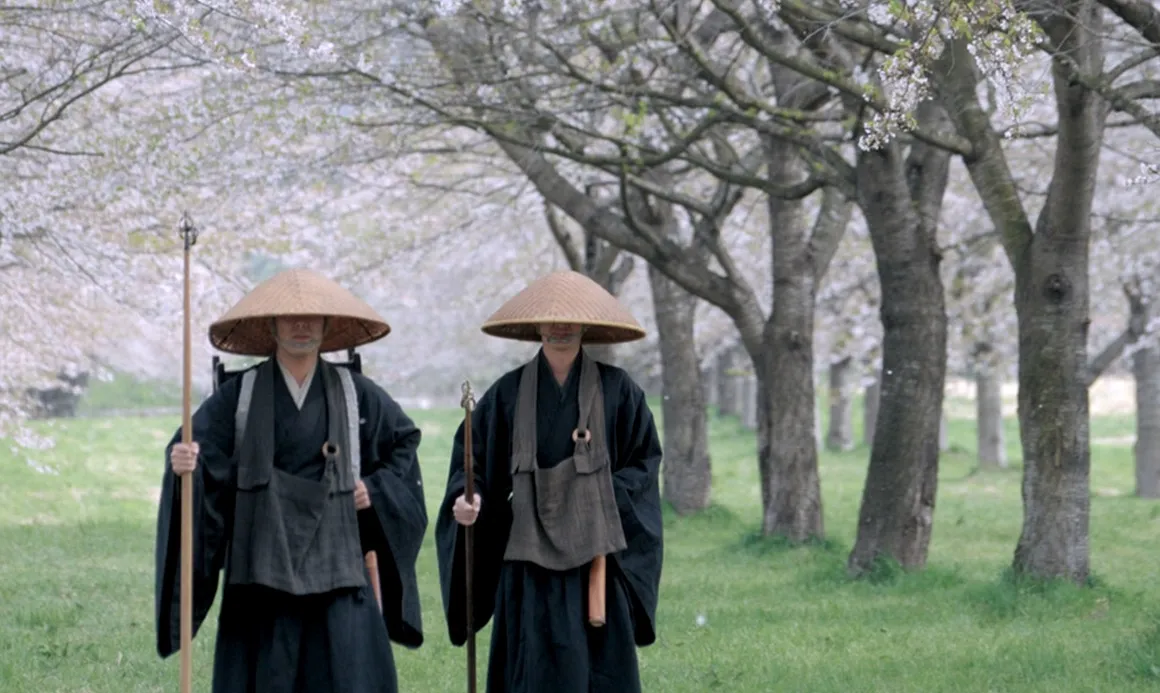
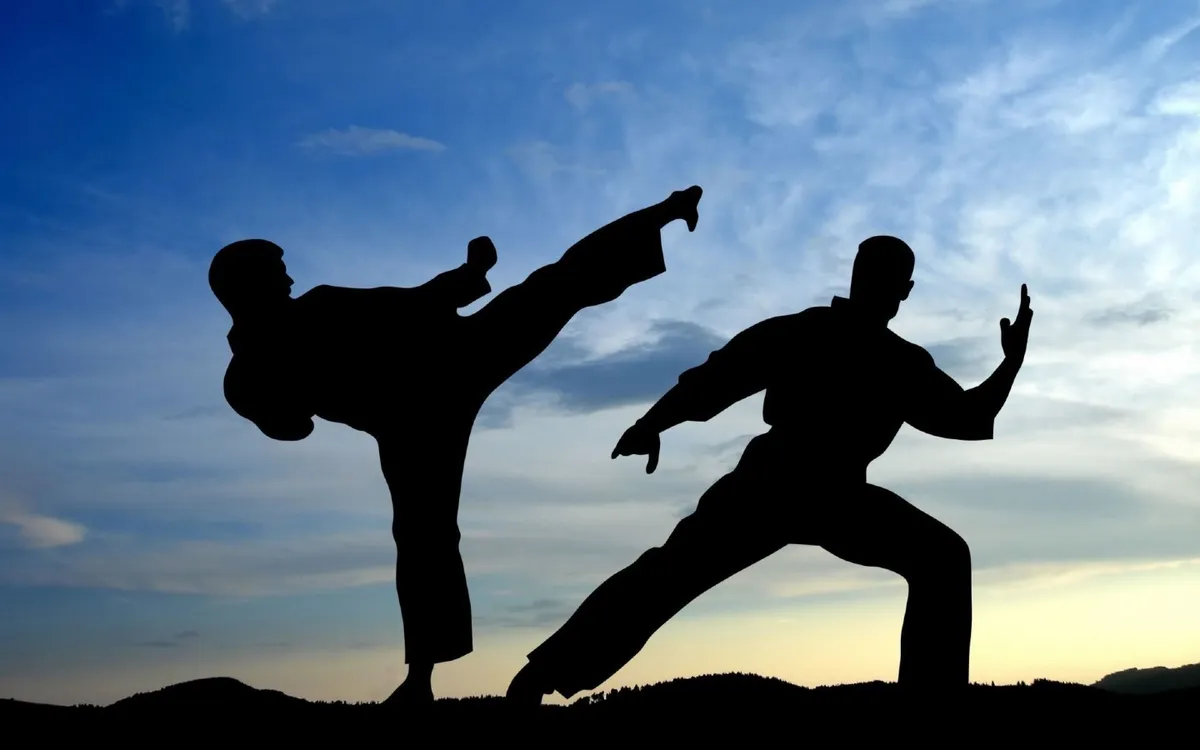
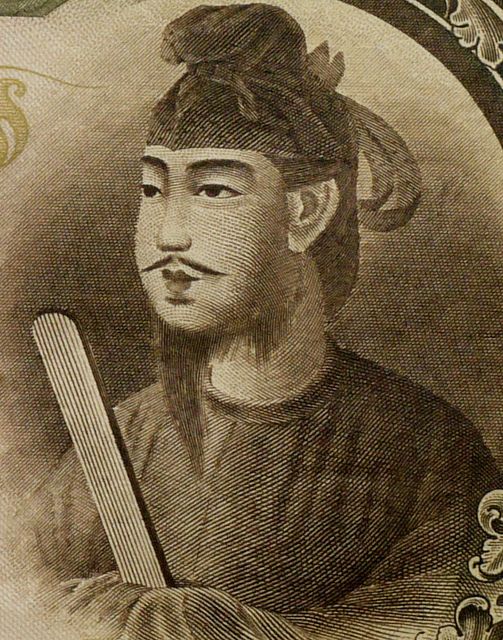
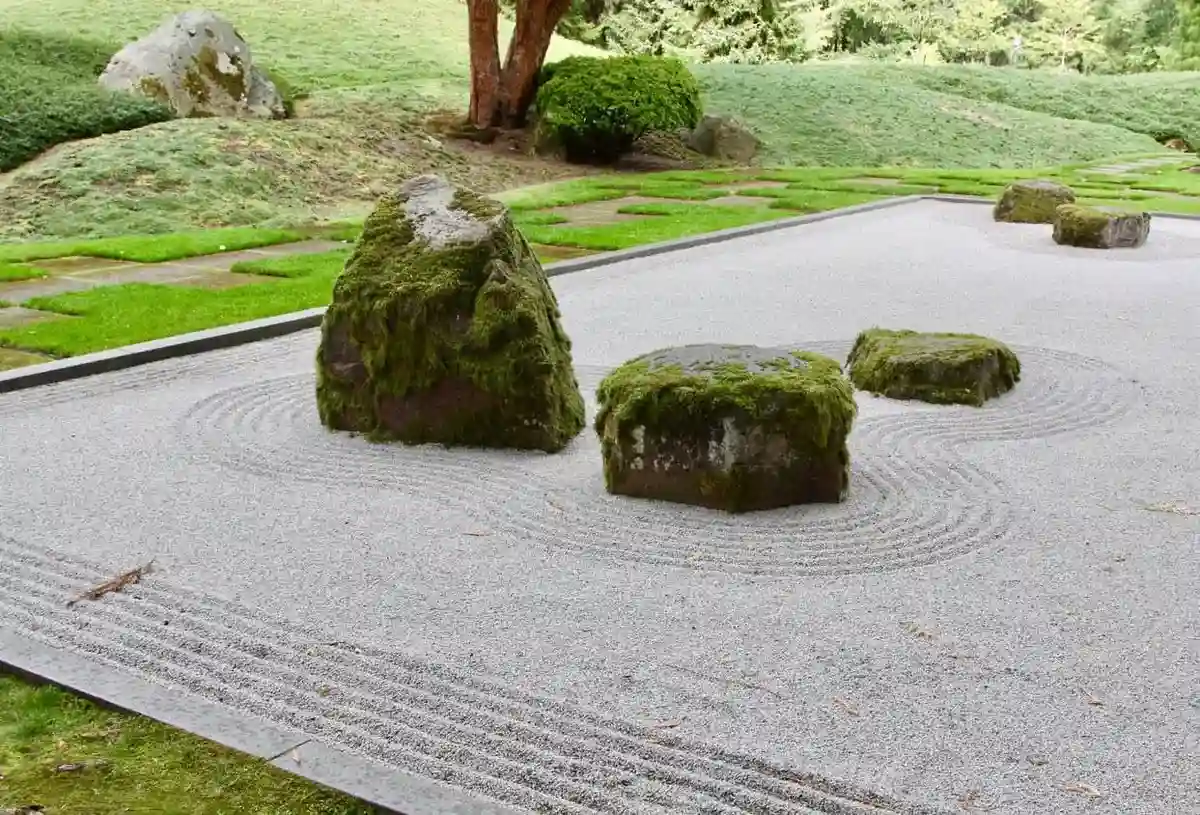
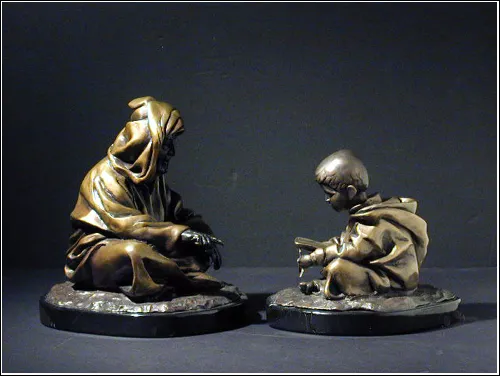


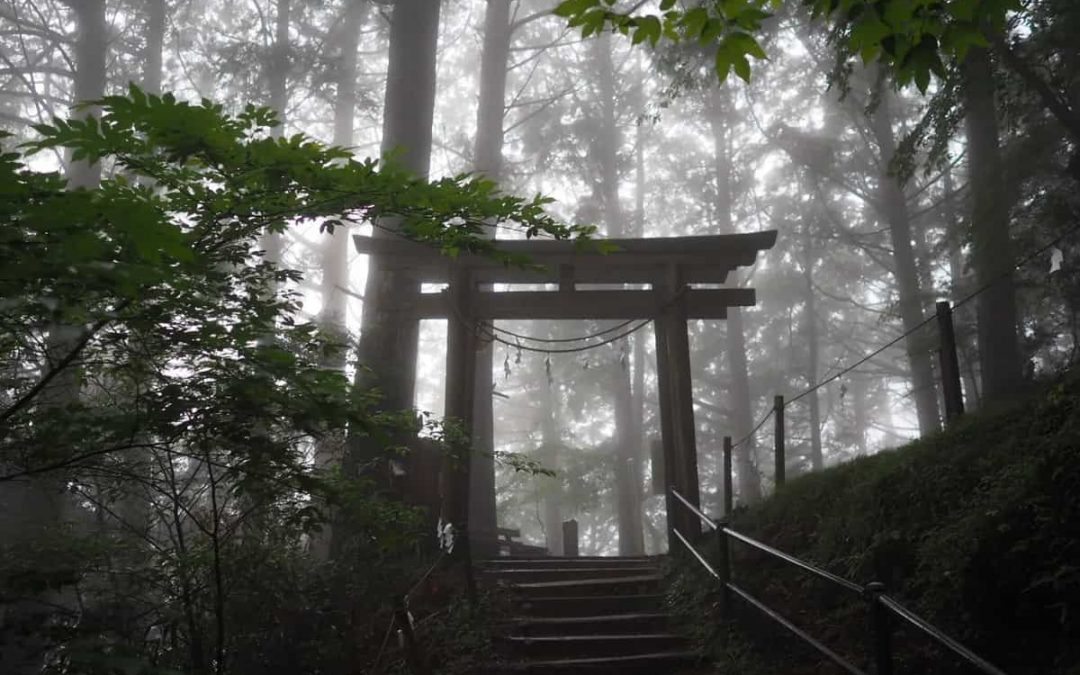
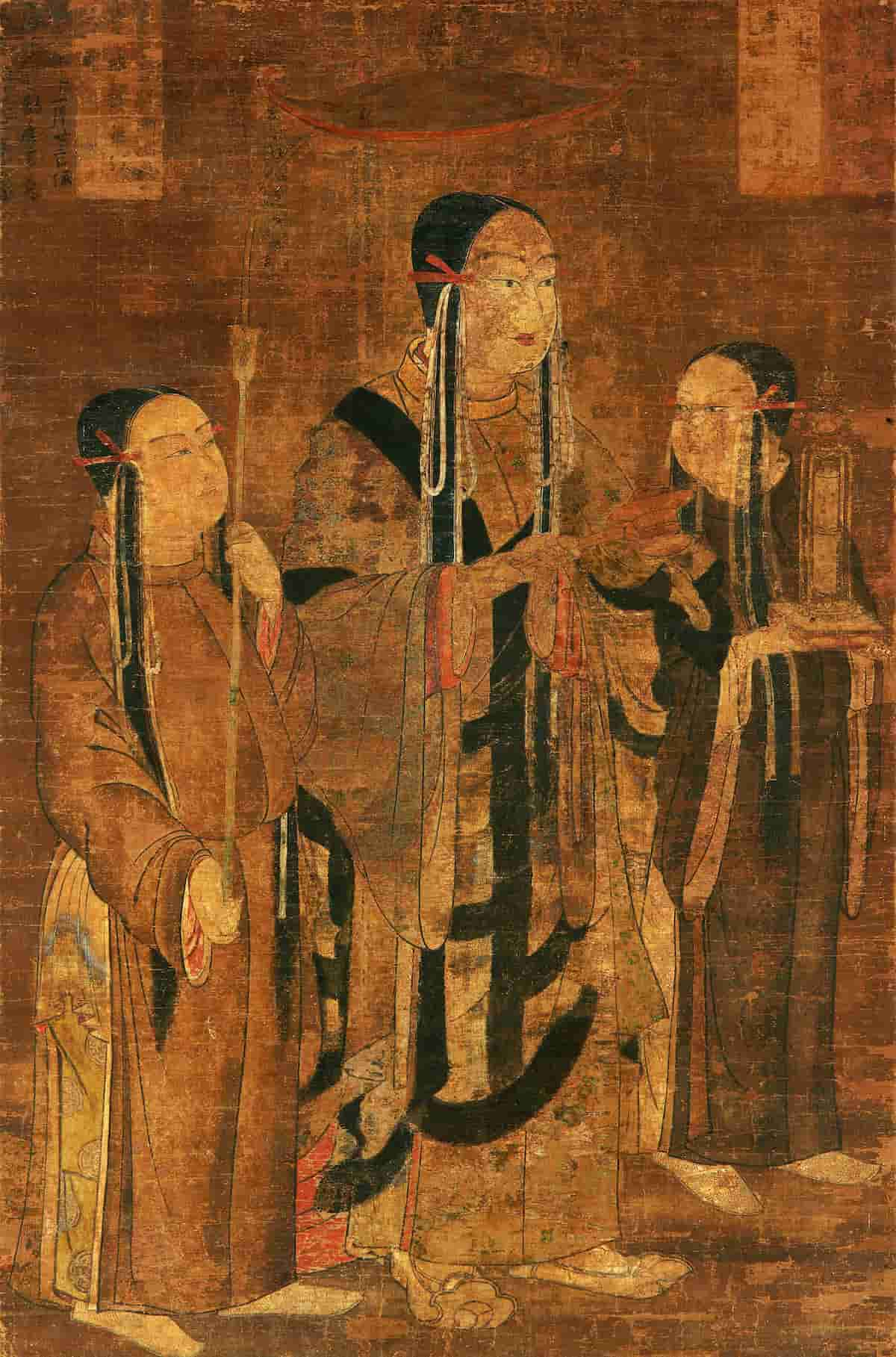

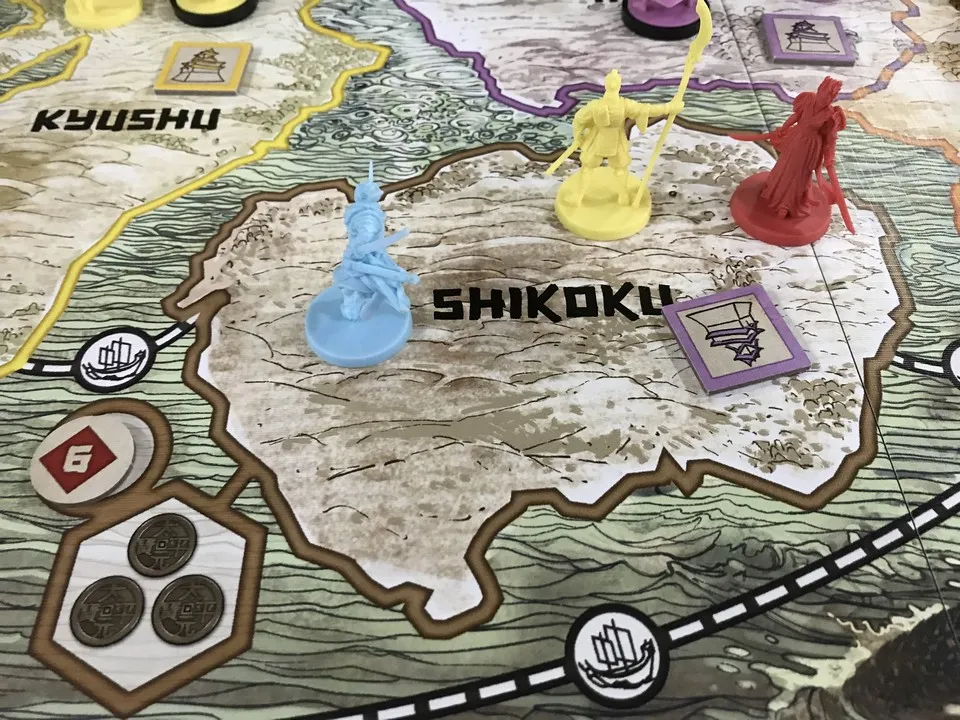
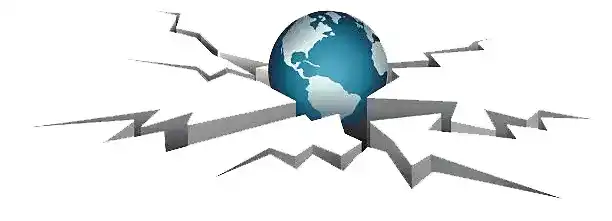 When the Western practice of written contracts was introduced into Japan, the Japanese considered this as evidence Westerners were so unethical and immoral that they could not trust anyone to keep their word.
When the Western practice of written contracts was introduced into Japan, the Japanese considered this as evidence Westerners were so unethical and immoral that they could not trust anyone to keep their word.
 For certain, the Japanese regularly “adjust” contracts and verbal agreements unilaterally, and occasionally remove them altogether, without any feeling of inappropriateness or unreasonableness whatsoever.
For certain, the Japanese regularly “adjust” contracts and verbal agreements unilaterally, and occasionally remove them altogether, without any feeling of inappropriateness or unreasonableness whatsoever.
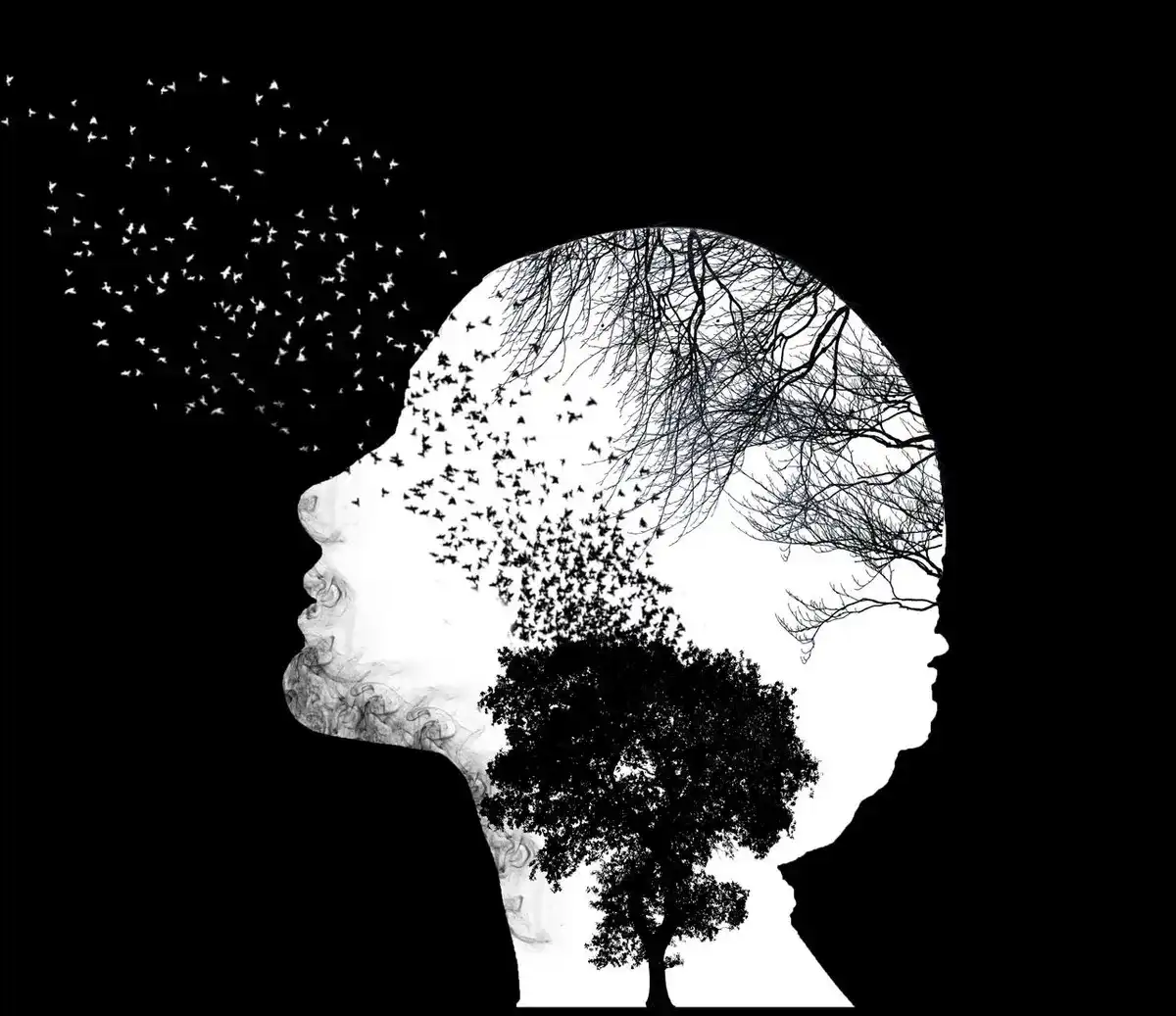



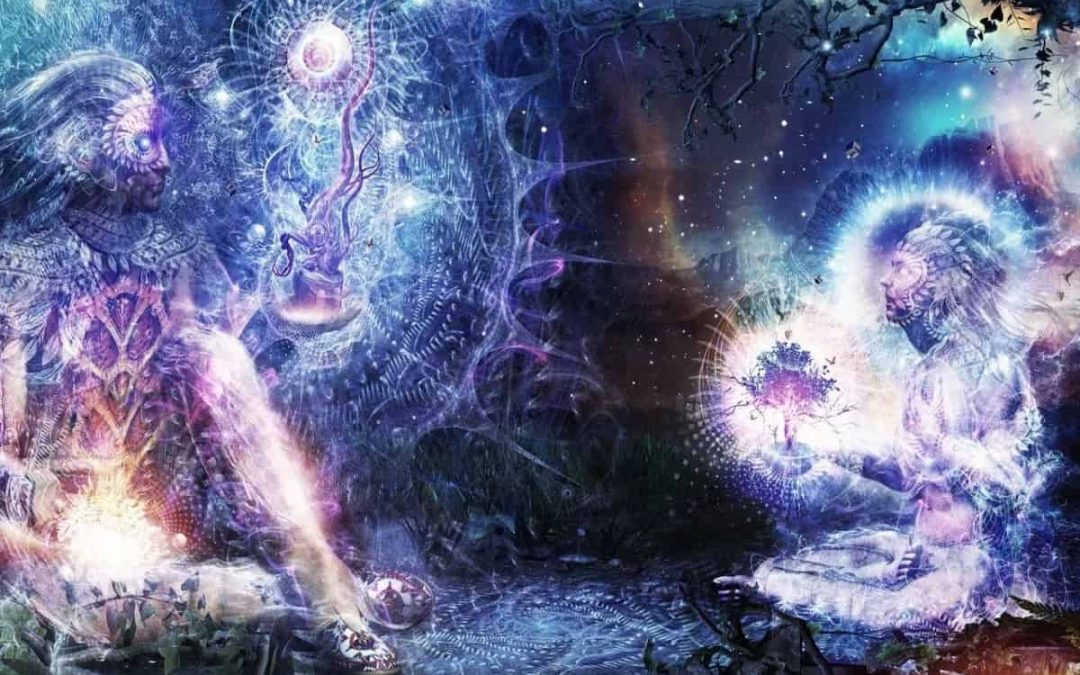
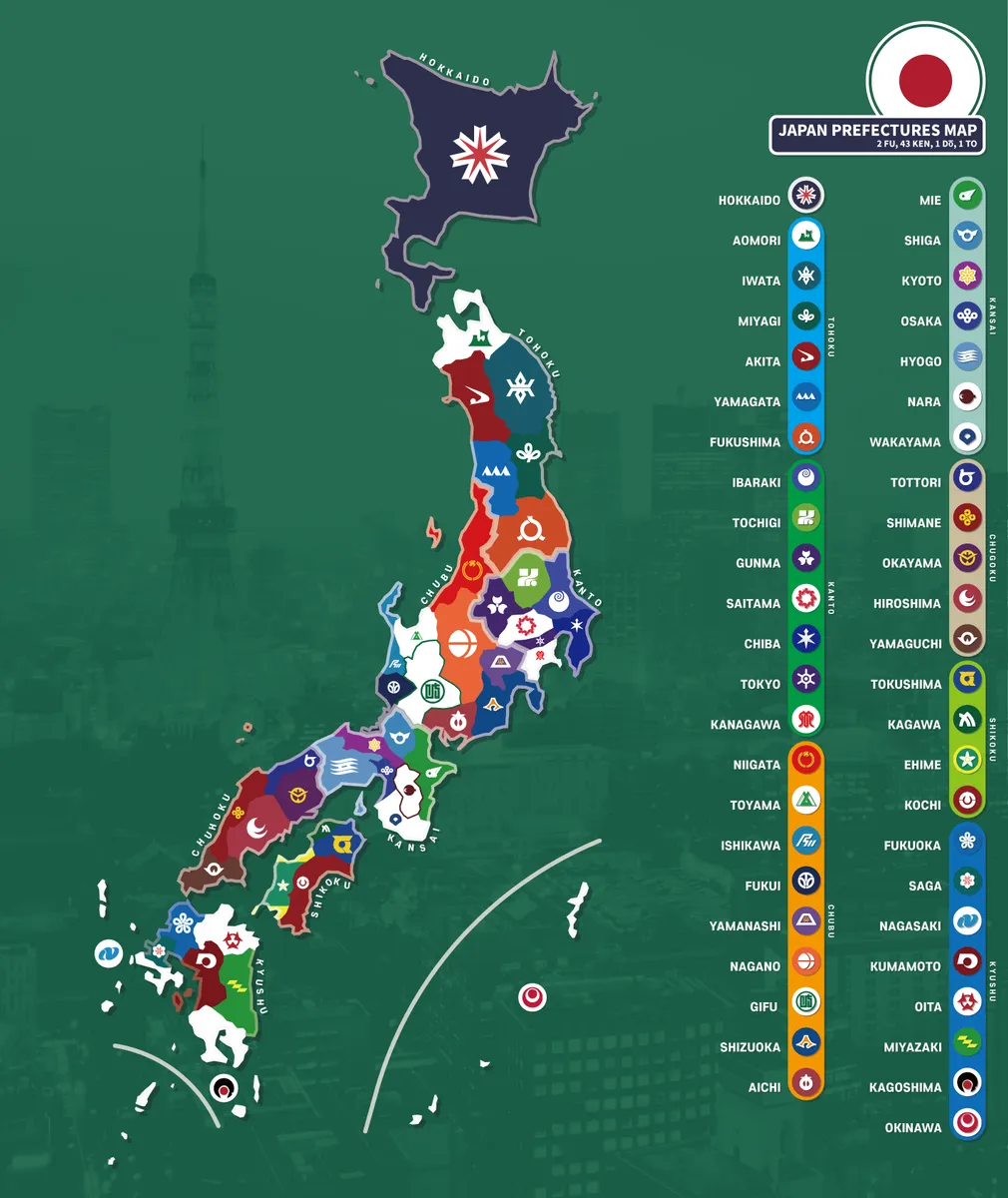

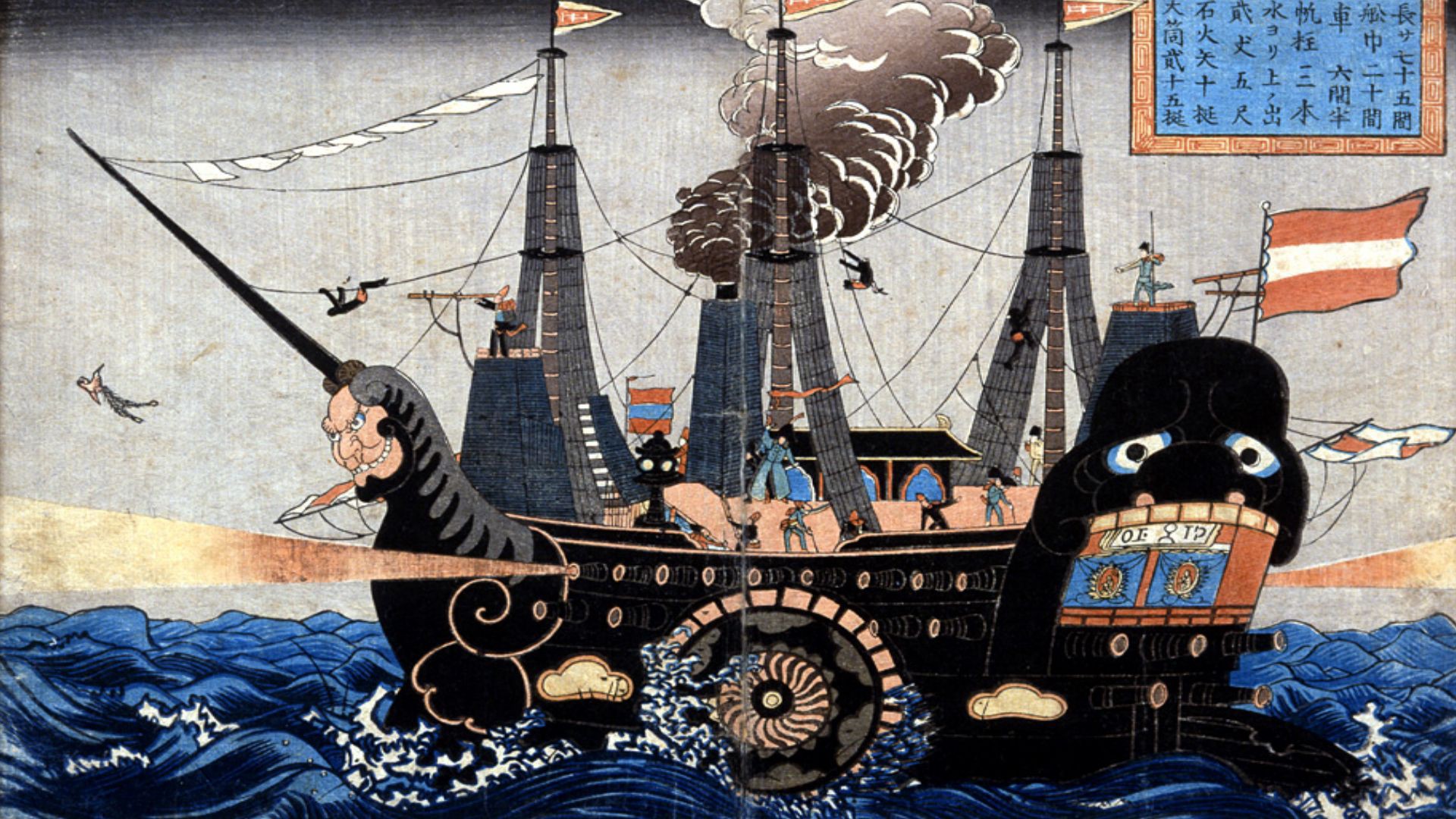
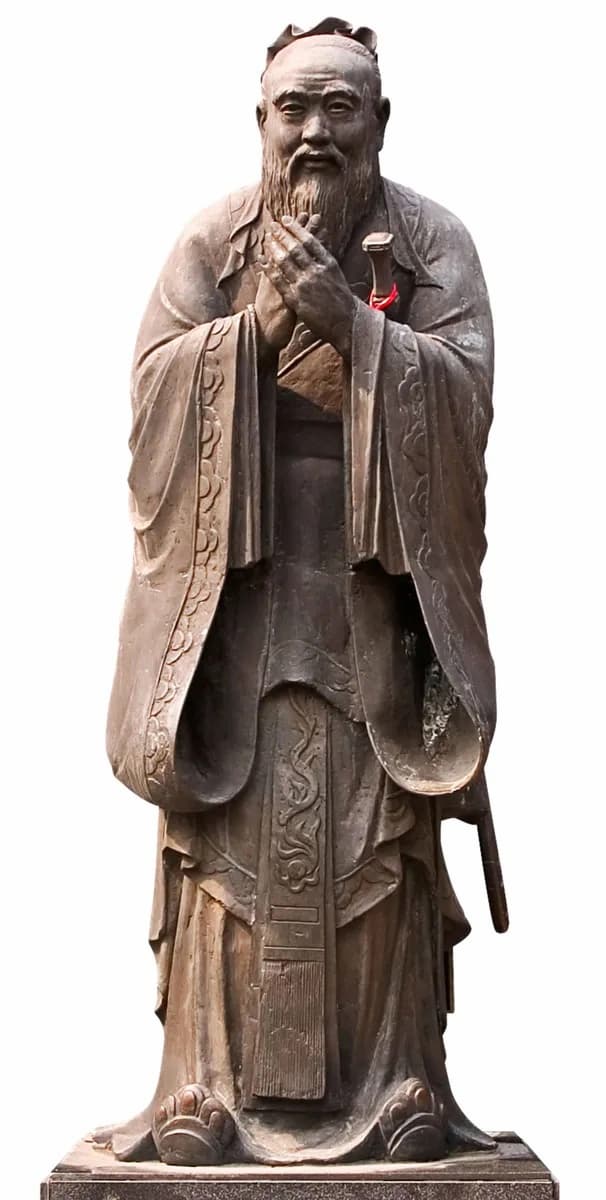


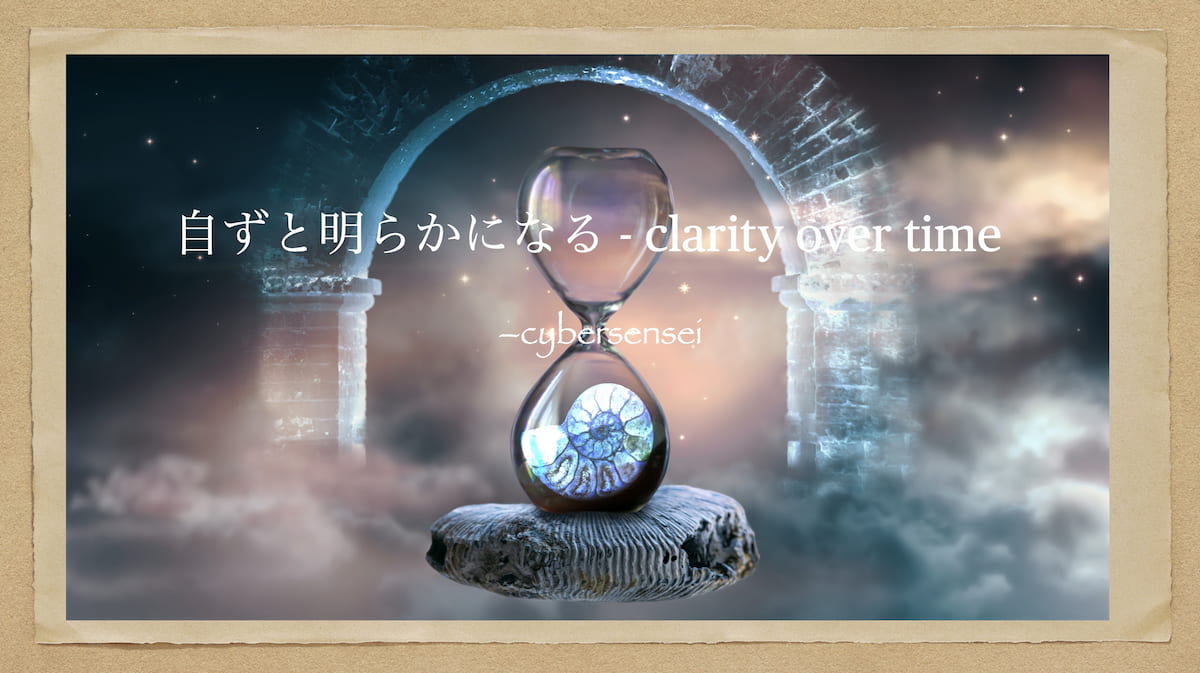












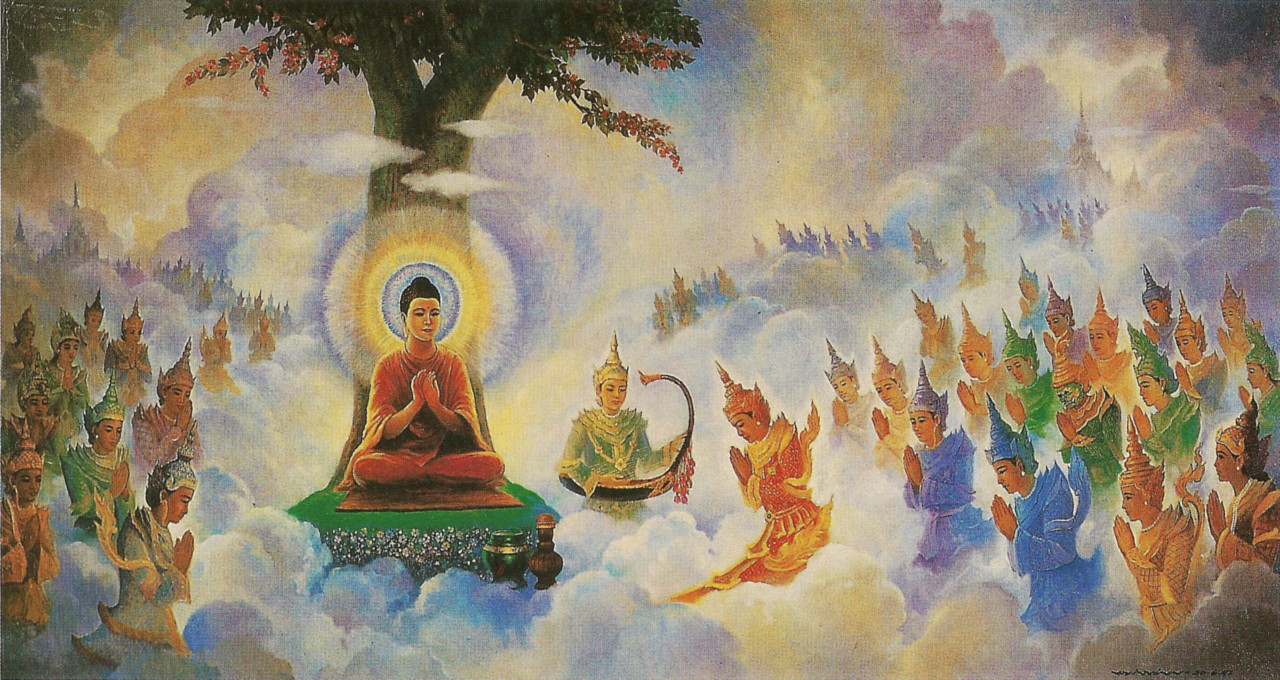




Recent Comments